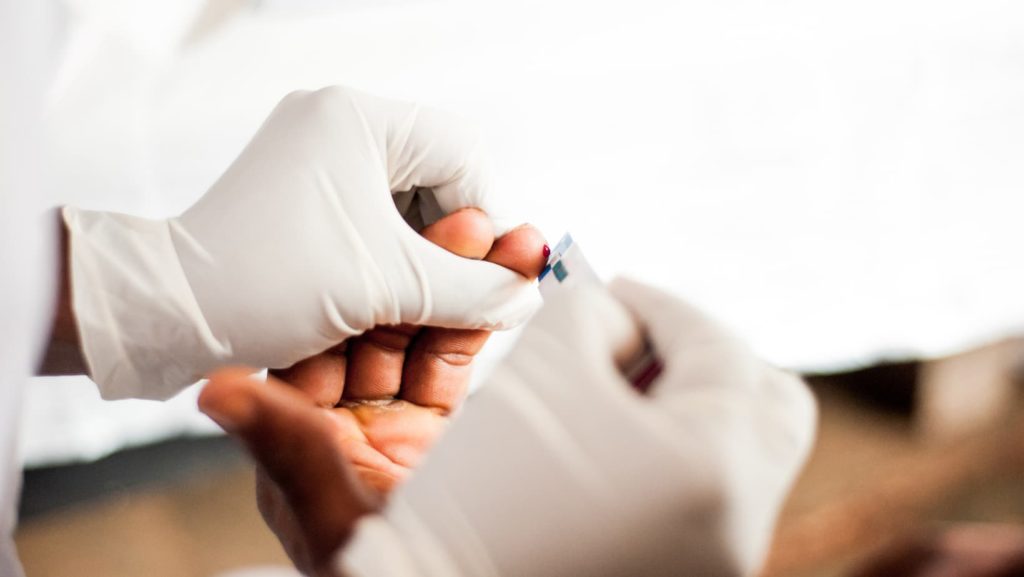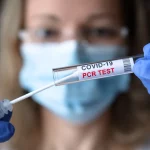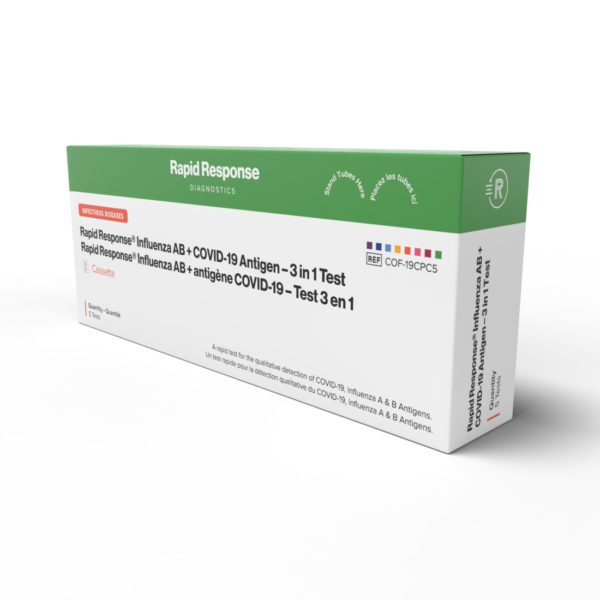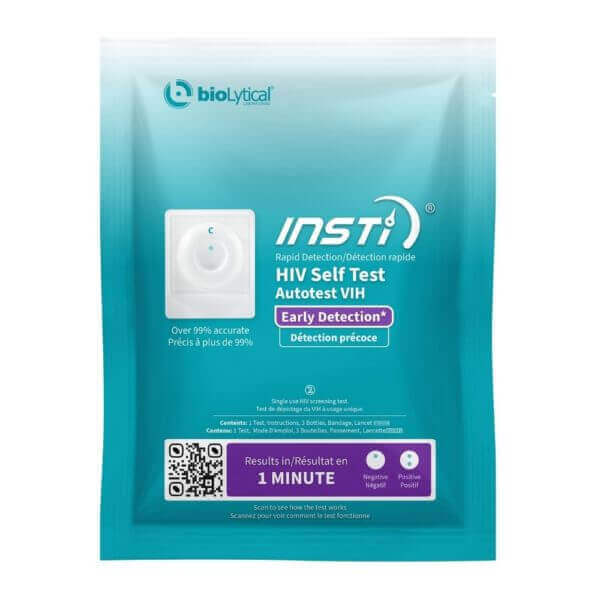Making human immunodeficiency virus (HIV) test a part of your health routine is important for maintaining your health, whether you have one or multiple sexual partners.
One common question people have when it comes to HIV testing is how long it takes to receive the test results.
What tests are available for HIV?
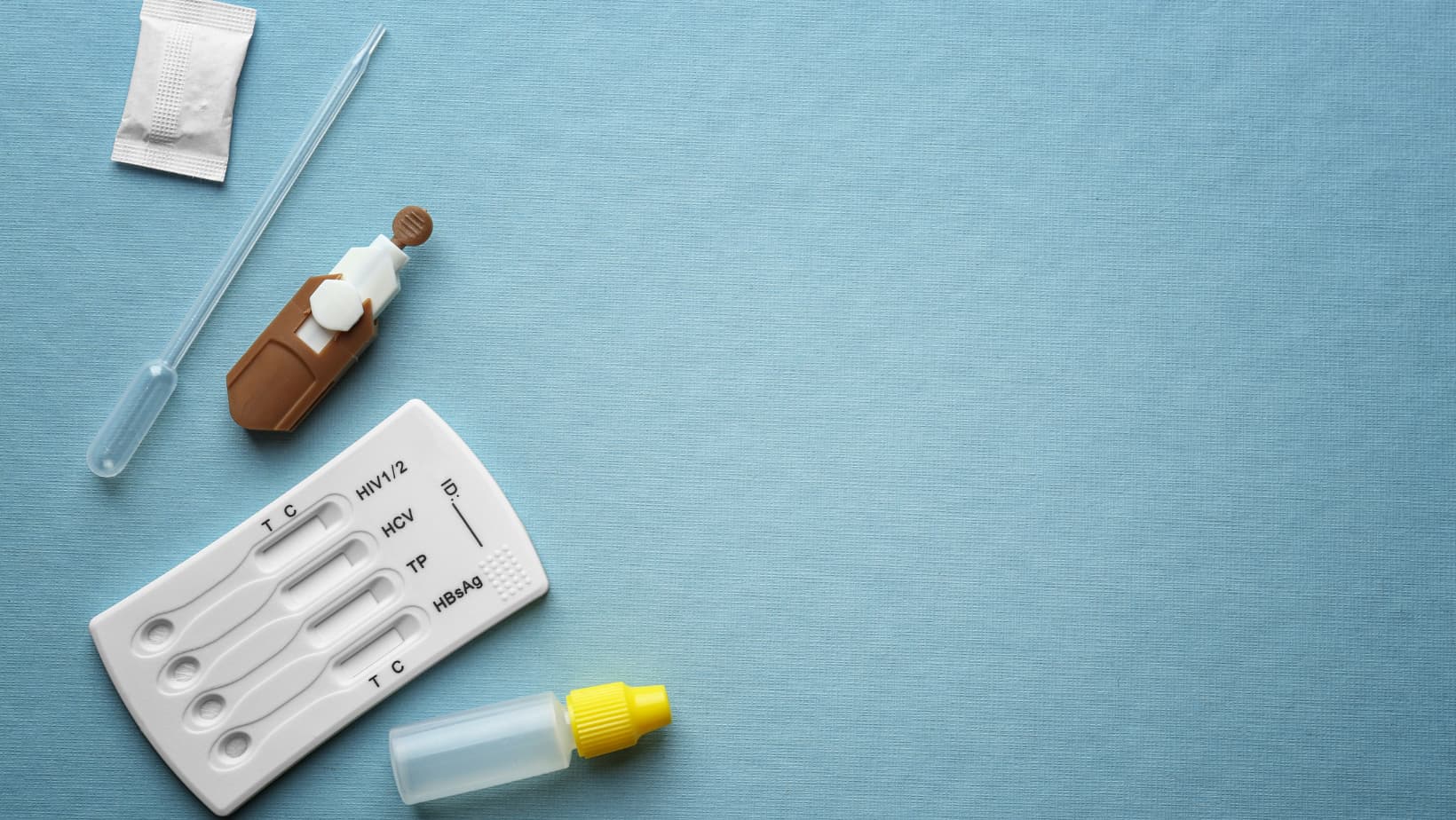
There are two primary categories of HIV tests: laboratory testing and rapid testing.
Laboratory Testing
Laboratory-based testing is a comprehensive tool for HIV diagnosis and monitoring. These tests are conducted in specialized facilities equipped with the necessary infrastructure and expertise.
Here are the common laboratory tests for HIV:
- HIV antibody tests:
- Enzyme immunoassay (EIA): As the most common initial screening test, this test detects antibodies produced by the immune system in response to HIV infection.
- Chemiluminescent immunoassay (CLIA): Popular for its high sensitivity and specificity, this test also detects HIV antibodies like EIA.
- Western blot: When an EIA or CLIA result is unclear, healthcare professionals use the Western blot to confirm the presence of HIV-specific antibodies.
- HIV antigen tests: This test detects the p24 protein, an antigen produced by the HIV virus during the early stages of infection. It’s used in combination with antibody tests to improve detection accuracy.
- Polymerase chain reaction (PCR): PCR tests directly detect the genetic material (RNA or DNA) of HIV in the blood. These highly sensitive tests can identify HIV infection within a few days of exposure.
- Quantitative HIV viral load test: This test measures the amount of HIV RNA in the blood, providing valuable information about the level of viral replication in the body. It is’s commonly used to monitor the effectiveness of antiretroviral therapy (ART) and disease progression.
- CD4 T-cell count: This test measures the number of CD4 T-cells, a type of immune cell that HIV specifically targets. Monitoring CD4 cell counts helps assess immune system health and determine the need for initiating or adjusting ART.
Rapid Testing
Rapid HIV tests, or point-of-care tests, are highly accessible testing kits that provide quick and convenient results, often within minutes.
A positive result from a rapid test kit should always be confirmed by a laboratory test to ease you into the next steps in managing HIV.
Here are two options for rapid HIV tests.
- Rapid antigen/ or antibody tests: These tests detect HIV antibodies and antigens, specifically the p24 protein. They offer a dual detection approach, allowing for early detection during the acute phase of infection.
- Home-based tests: Home-based HIV tests are antibody-based or a combination of antibody and antigen detection. They’re convenient to use if you want the option to choose a safe place where you can do the test. They often use oral fluid or blood samples collected through finger pricks and provide results within minutes.
How accurate are HIV tests?
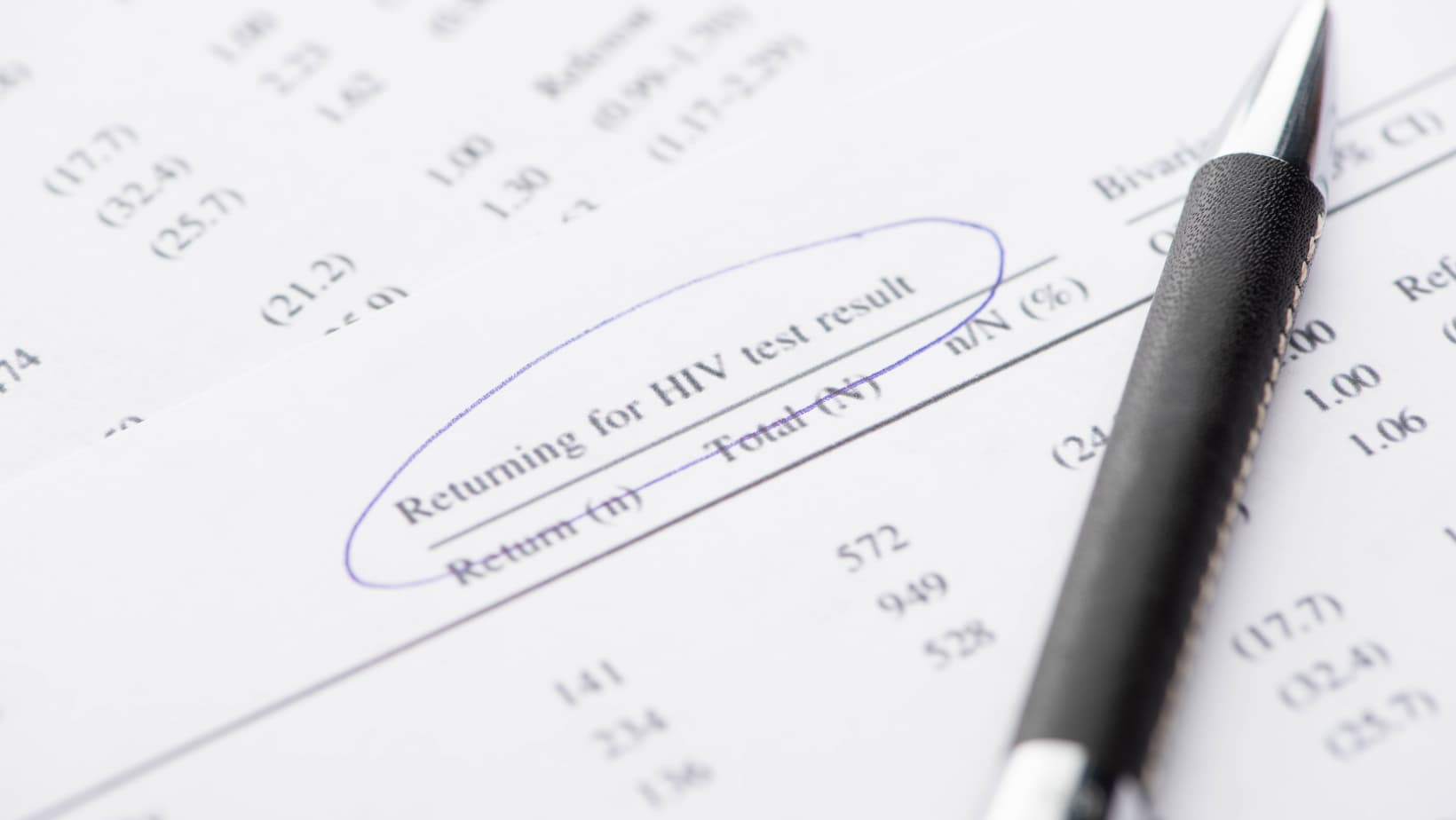
Accurate HIV testing is essential for paves the way for a reliable diagnosis and effective management of HIV infection. Here are the accuracy rates of the most common HIV testing methods:
- Laboratory-Based Tests: Laboratory-based antibody tests like the EIA and Western blot have high sensitivity rates at above 99% and specificity rates at above 98%.
- Rapid Tests: Sensitivity and specificity rates for rapid tests range from 92% to 100% and 97% to 100%, respectively.
How and where can you get tested for HIV?
Here’s where you can go for a convenient, confidential and accurate HIV testing process.
- Laboratory Testing
- Local clinics
- Public health centers
- Private healthcare providers like gynecologists or obstetricians
- HIV-centered communities
- Rapid Testing: FDA-approved home testing kits are available for purchase at pharmacies or online.
How much does HIV testing cost?
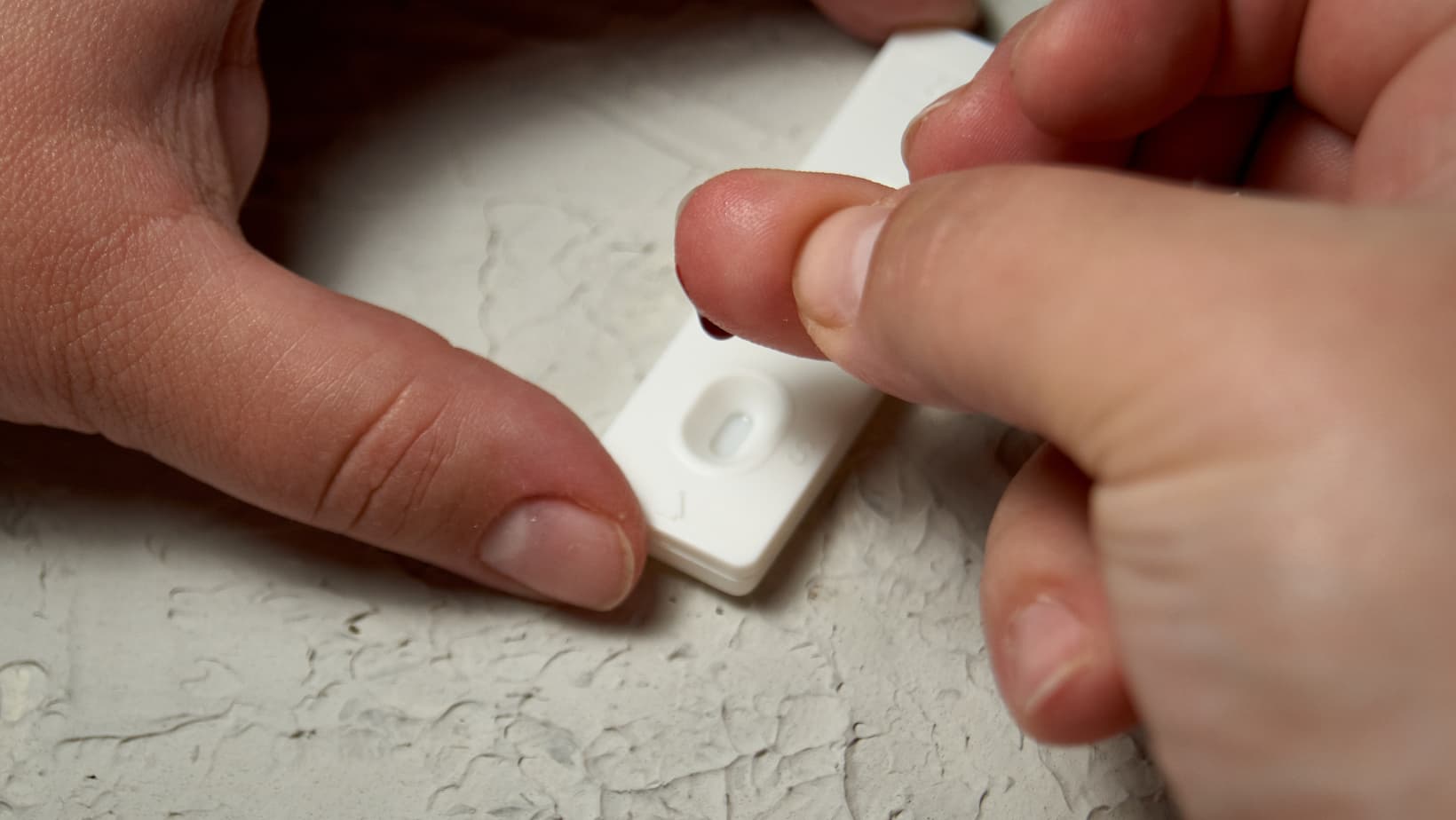
HIV testing prices can vary depending on several factors, including the type of test, the testing facility and your location. Here’s an overview of the cost considerations for both laboratory testing and rapid testing:
- Laboratory Testing: HIV testing conducted at healthcare clinics, hospitals or public health centers may be covered by health insurance plans. In such cases, you may only need to pay a copayment or deductible as specified by your insurance provider. For private laboratories, the cost may range from $50 to $200 or more, depending on the specific tests conducted and any additional services, like counseling or follow-up appointments.
- Rapid Testing: You can purchase home-based rapid HIV test kits from reputable brands for less than $50. There may be more affordable options, but make sure that you get from trusted and credible sources.
Who will know about your test status?
Healthcare providers and testing facilities adhere to strict confidentiality regulations and ethical standards to protect your privacy.
If you get tested in a healthcare facility, the doctors, nurses, and laboratory personnel will see your result and will keep them confidential.
On the other hand, taking a home-based test means you’re the only one who can see the result, unless you share it with others.
If you test positive, healthcare providers may contact your sexual partner to have them tested too.
How long does it take to get the results back for an HIV test?
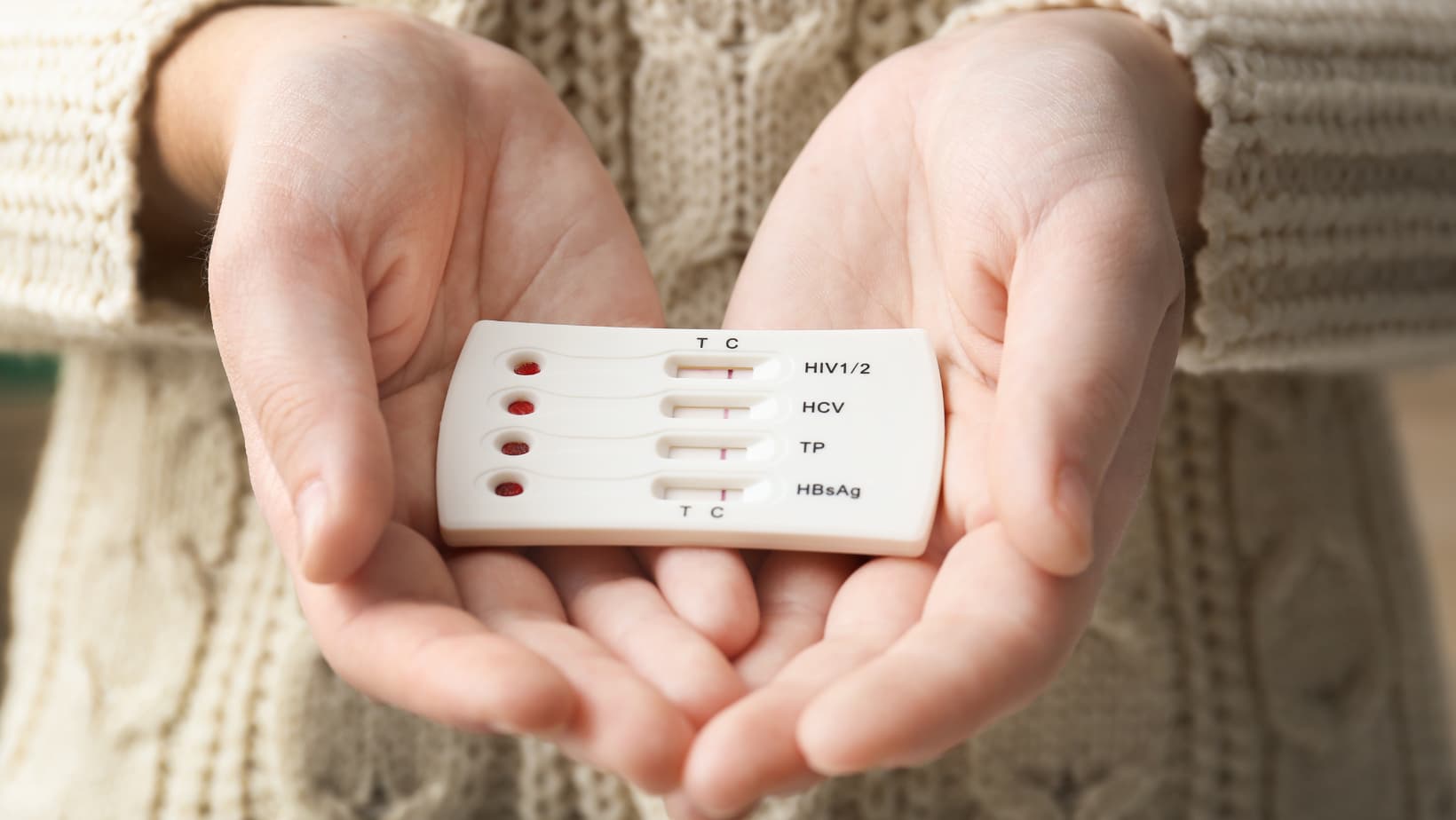
The time it takes to receive HIV test results can vary depending on the type of test and the testing facility. Here’s a general timeline for both laboratory testing and rapid testing:
- Laboratory testing: Depending on the test performed, the result could take anywhere from 1- to 7 days. Confirmatory tests take longer than antigen or antibody tests.
- Rapid testing: Rapid tests, as the name implies, give results within a minimum of 15 minutes after testing.
What’s next?
If your result turns out to be positive, consult with a healthcare professional for proper treatment and monitoring of your condition.
